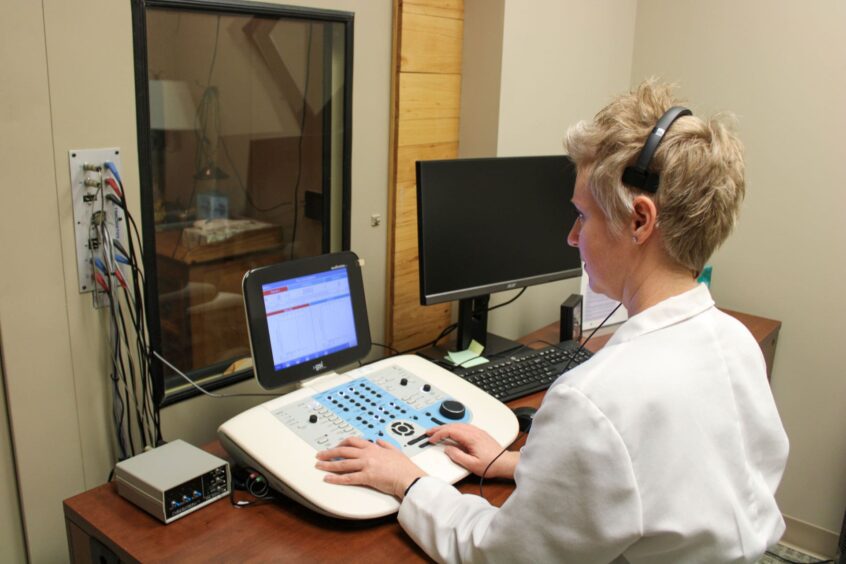Central to the blue zones concept is the fact that in each of the communities where people age so well, these individuals don’t live in isolation. Instead, they stay connected—connected to their spouse, children and extended family, friends and community.
But in the United States and other industrialized countries where older adults are more isolated, depression, loneliness and even dementia all seem to be accelerating to epidemic levels.
Depression
According to the World Health Organization, depression affects more than 120 million people worldwide. Depression is known to have profound effects on quality of life, impairing cognitive and social function and leading to decreased performance in the workplace and elsewhere.
Depression is characterized by sadness, loss of interest or pleasure, feelings of guilt or low self-worth, disturbed sleep or appetite, tiredness, and poor concentration. There are effective treatments and management for depression. The maintenance or reactivation of social networks and social activities are important aspects of treatment.
Loneliness
There also is an epidemic of loneliness in the United States. According to an advisory from the U.S. Surgeon General issued in May 2023, lacking connection can increase the risk for premature death to levels comparable to smoking 15 cigarettes a day!
This report warned that the physical consequences of poor connection can be devastating, including a 29% increased risk of heart disease; a 32% increased risk of stroke; and a 50% increased risk of developing dementia for older adults.
This advisory was issued after numerous studies in recent years have warned of the mental and physical dangers of loneliness. A 2022 paper from Johns Hopkins University also found socially isolated older adults had a higher chance of developing dementia than their peers.
Dementia
Dementia, which includes Alzheimer’s disease and other related disorders, is a chronic condition affecting memory, thinking, and social abilities severely enough to impair daily life. Over time, dementia limits a person’s ability to function independently. Not only does dementia take an emotional toll, caring for a person living with dementia is more expensive and time-consuming for families than other conditions common at older ages.
According to the Population Resource Bureau, the share of older people with dementia is decreasing 1% to 2.5% per year, depending on the time frame and age group examined.
But as the large baby boomer population ages, the total number of people with dementia will rise. Estimates vary, but experts report more than 7 million people aged 65 or older had dementia in 2020. If current demographic and health trends continue, more than 9 million Americans could have dementia by 2030 and nearly 12 million by 2040.
That makes a recent study led by researchers at the Johns Hopkins Bloomberg School of Public Health and published in the Journal of the American Medical Association even more relevant. It found that older adults with more severe hearing loss were more likely to have dementia, but the likelihood of dementia was lower among hearing aid users compared to non-users.
All three of these issues, depression, loneliness and dementia, have been connected to hearing loss. Why? Because untreated hearing loss contributes to withdrawal from social activities, resulting in depression, loneliness and isolation.
In fact, one of the key takeaways from the blue zones is that aging is inevitable, but deterioration is not. That’s why addressing untreated hearing is so important to aging well—it can reduce the risk for all of these issues, helping individuals to engage socially and be more involved in their communities, like those who live in the blue zones.
Treating hearing loss involves a comprehensive hearing evaluation performed by a doctoral-level audiologist. In addition to conducting a hearing evaluation in a sound-proof booth, the audiologist spends time with the individual to determine their biggest concerns involving their hearing loss.
Armed with the results of their hearing evaluation, the audiologist can recommend appropriate technology to help the individual re-engage with life, including enjoying conversations with family and friends, faith traditions and community activities, like their counterparts in the blue zones.
Schedule a comprehensive hearing evaluation with a doctoral-level audiologist.



